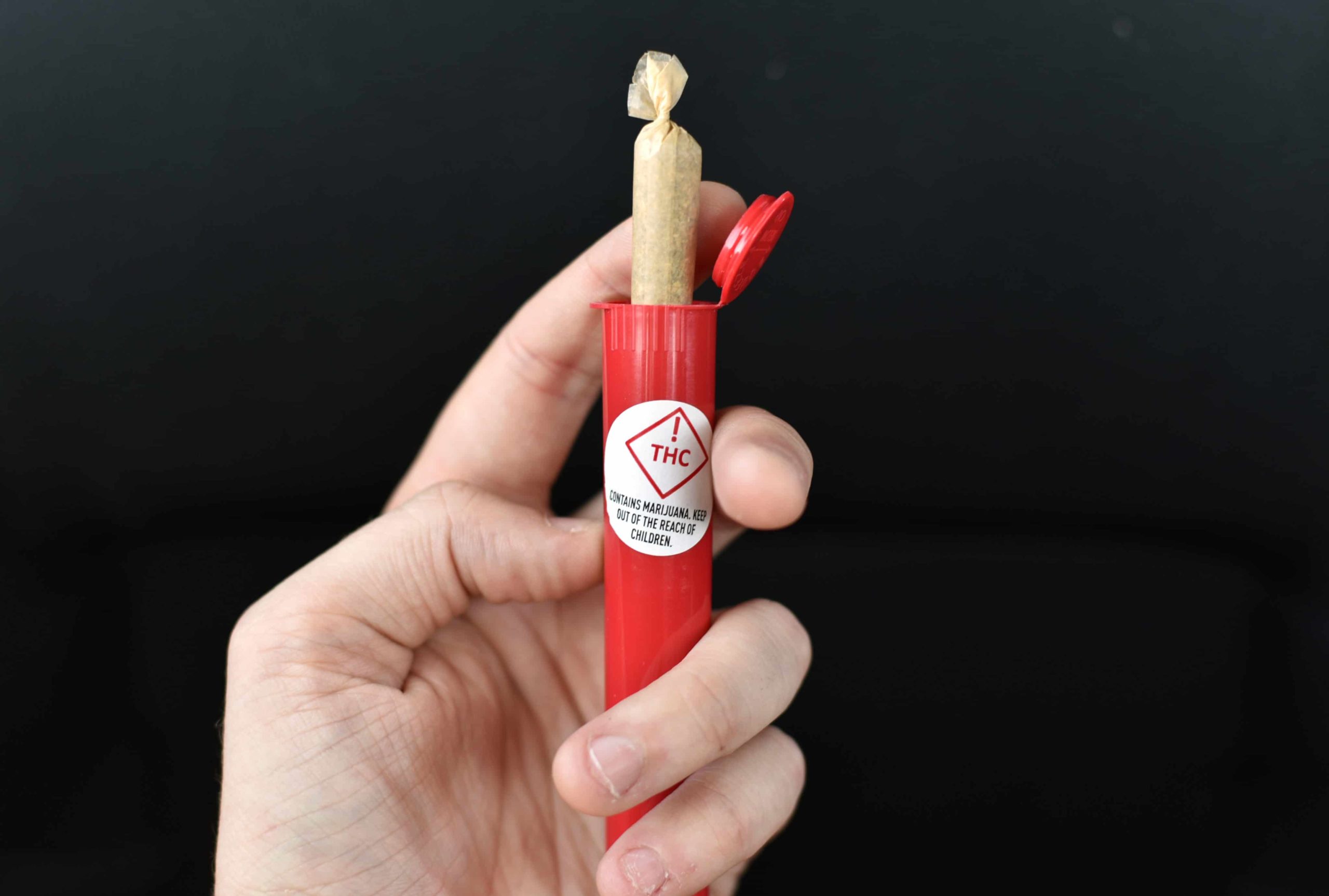
Watchdog flags cannabis products with unproven claims of opioid addiction
Cannabis companies are crossing the line in presenting claims like CBD as a way to combat opioid addiction, a watchdog organization warns. Pennsylvania-based watchdog Spotlight PA looked at over 60 Pennsylvania-based cannabis retailer and company websites and verified the validity of health claims with public health policy experts.
The Unproven, uncertain report was published on February 21 and was covered by the Pittsburgh Post-Gazette shortly thereafter.
Investigators listed several problems: “Cherry picking and misrepresentation of portions of studies, general claims without citing specific research, and incomplete information about what is required to qualify for the state’s medical marijuana program.”
One claim was particularly disturbing: the claim that CBD can curb opioid cravings and fight addiction. While early evidence shows CBD could be useful in that department, medical experts say promoting these claims is dangerous.
Chelsea L. Shover, an epidemiologist and assistant professor at the David Geffen School of Medicine at UCLA, said that promoting cannabis as an alternative to buprenorphine for treating opioid use disorders is “really dangerous.”
“This is utter nonsense. If I had my way, you wouldn’t be allowed to make such claims,” Shover told the Pittsburgh Post-Gazette. “That’s sort of the worst-case scenario for this ad.”
It is also important to note that buprenorphine itself carries a high risk of addiction and dependence, causing shortness of breath and death when taken in high doses or in combination with other substances. But opioid addiction sometimes involves a cessation that CBD cannot afford, under the supervision of a doctor.
Among the other findings of Spotlight PA’s investigation:
- Seven websites cited a 2014 study that found US medical cannabis laws were associated with lower rates of fatal opioid overdoses. But they chose not to cite a later study that showed different results.
- Seven promoted the benefits of CBD for treating opioid addiction, including helping with withdrawal or reducing cravings. But according to Spotlight PA, at least some of the news goes beyond research.
- Gov. Wolf’s administration says that opioid use disorder should only be a qualifying condition for medicinal cannabis under certain circumstances, but at least 13 websites failed to include those caveats when describing what it takes for addict patients to qualify for cannabis.
“The results reveal a somewhat misleading strategy – whether intentional or not – employed by many dispensaries and cannabis certification websites, which often cite very specific and limited scientific research to support very broad claims about the benefits of cannabis ‘ Stephanie Lake, a postdoctoral fellow at the UCLA Cannabis Research Initiative, wrote in an email. “The result of this strategy is an oversimplified and scientifically inaccurate message about cannabis.”
The warning is a reminder that individual studies are hardly meaningful – especially in the eyes of the medical community and the authorities.
The claim of CBD on opioid addiction
Early evidence suggests CBD could be used for opioid addiction, but regulators will not allow unproven medical claims to be displayed on products. A 2009 study found that CBD inhibited stimulus-induced heroin seeking, but the study was limited to a rat model. A 2019 double-blind, randomized, placebo-controlled study found that CBD reduced stimulus-induced craving and anxiety in drug-absent subjects with heroin use disorder.
Cannabis companies must adhere to strict regulations, such as B. avoiding unsubstantiated medical claims, or otherwise facing the wrath of regulatory agencies such as the FDA. The FDA, for example, notes that the CBD industry is particularly inundated with panacea claims.
However, if you look for benefits, you will find plenty of peer-reviewed evidence, and if you look for negative effects, you will also find plenty of peer-reviewed evidence to support these claims. Integrity of the scientific process means absorbing all reputable evidence – good or bad.

Post a comment: